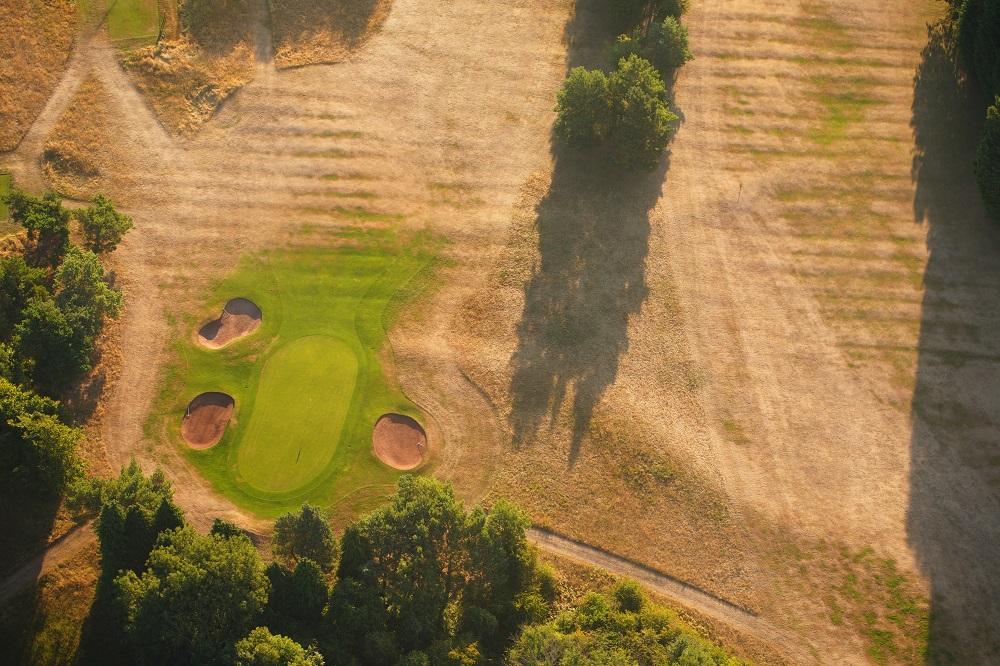A national drought has been declared in England, after a prolonged period of low rainfall from January to July 2022, the lowest since 1976.
The decision followed a meeting on Friday by the National Drought Group—which includes the National Farmers’ Union (NFU), water companies, and the Department for Environment, Food and Rural Affairs (Defra)—which was set up in 2012, after the driest 18 months for 100 years.





